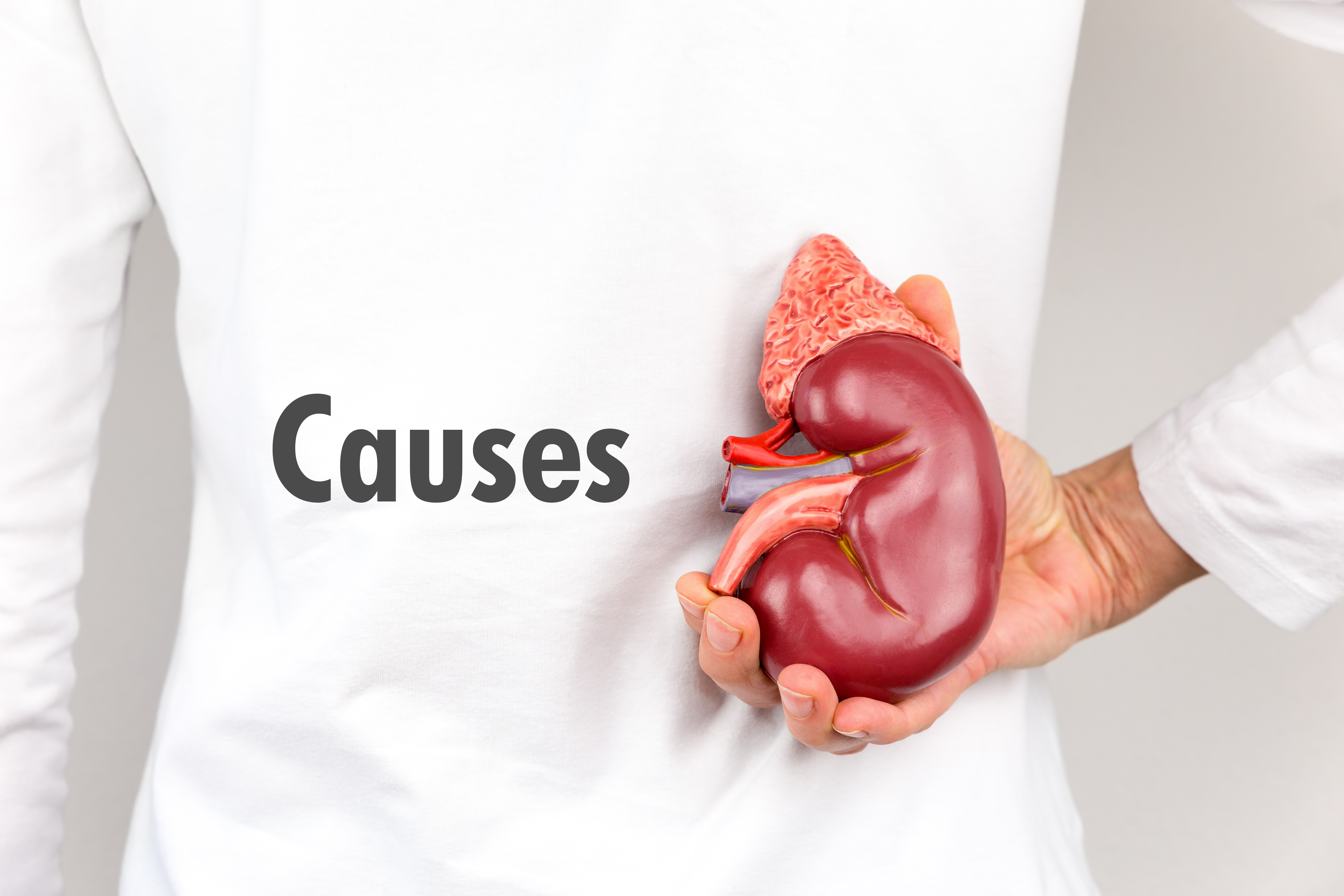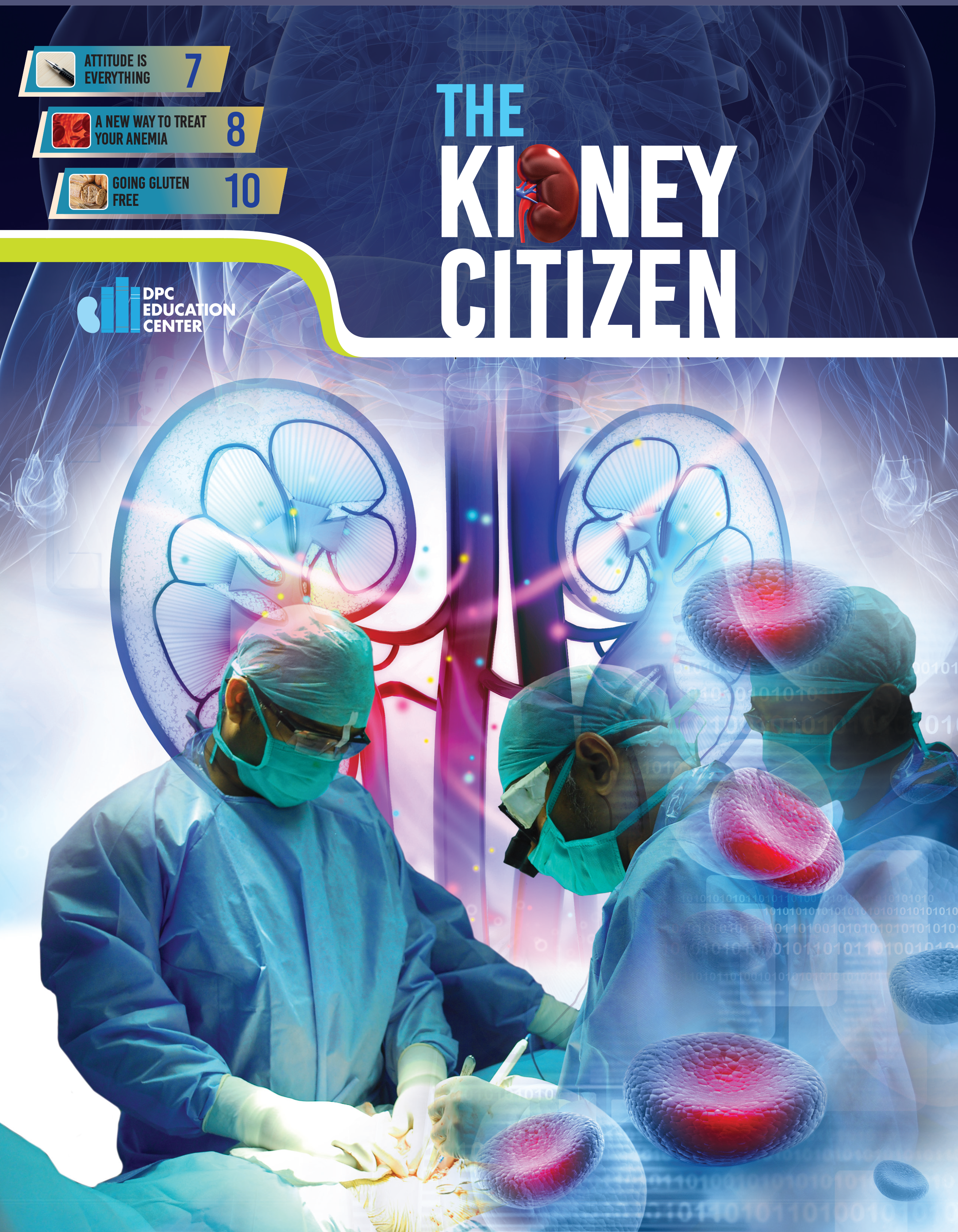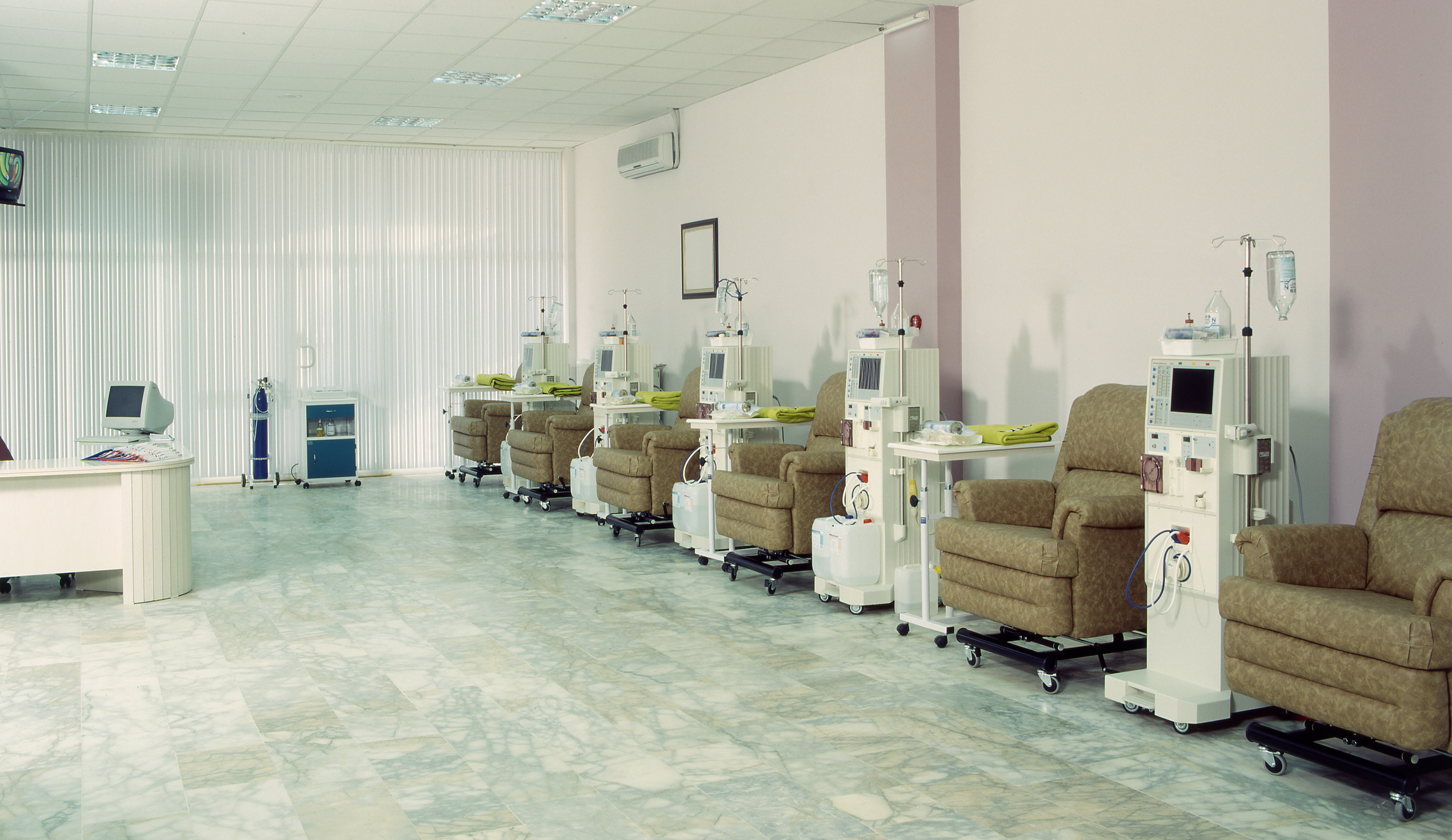Spanish Resources
Muchos pacientes renales de habla hispana son bilingües, conversan y leen con facilidad tanto en español como en inglés. Sin embargo, algunas personas prefieren o disfrutan más, el leer en español. Esta lista de recursos proporciona varias categorías de artículos, muchos tomados de nuestro boletín para pacientes, Kidney Citizen. No incluye absolutamente todo y se seguirán agregando nuevos recursos. Las categorías te ayudarán a elegir tu tema de interés para que fácilmente puedas compartir los artículos con tus familiares y amigos. Como siempre, puedes usar la herramienta Google Language para convertir nuestras otras páginas al español. Many Spanish-speaking [...]




